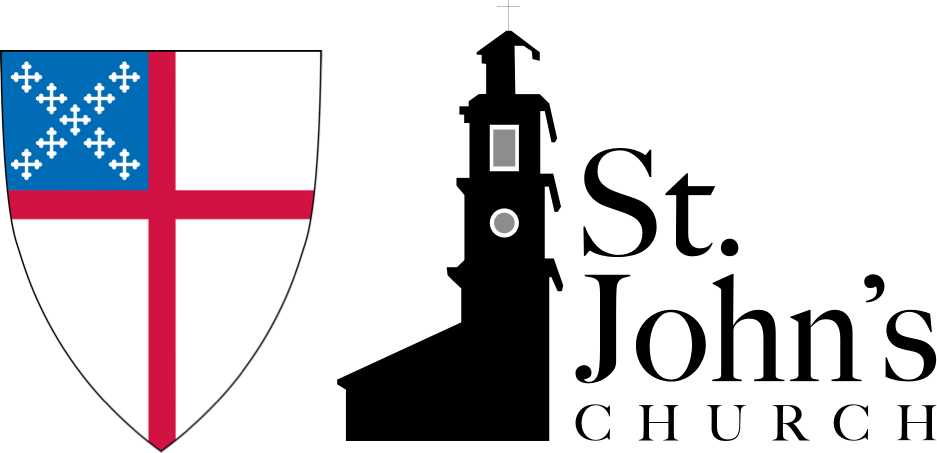Hold on to Hope
Dear Friends:
As we enter this 2nd week of Lent, I have been thinking about what we were doing this time last year, and how little we knew what was in store for us. There is no way I could have imagined that in a few short weeks, we would launch upon a Lenten fast from corporate worship that would last a year or more. And yet, here we are, clocking in our 50th week, with no clear indication of when and how we will return to in-person worship. And yet, with every new vaccine, every slight dip in infection rates, every friend or family member who is vaccinated, my hope springs bit by bit.
For all these reasons, I have been particularly drawn by the thread of hope that weaves through each of our assigned readings for this Sunday. I will bless her, and she shall give rise to nations, God says of Sarai in Genesis 17. The poor shall eat and be satisfied, the psalmist sings in Psalm 22. Hoping against hope, he believed, Paul writes of Abraham in Romans 4. Even our gospel message, in which Jesus announces to his disciples that he must undergo suffering and death, is a testament to hope: in three days he will rise again.
It is easy to become overwhelmed by the forces that live in fierce opposition to this hope. In this year of viral pandemic, social unrest, political conflict and climate-induced hardship, I have found myself thinking of a poem by Rumi, where he says,
There is a secret medicine
given only to those who hurt so hard
they can’t hope.
The hopers would feel slighted if they knew.
Now more than ever, we need to listen to the messages of hope that we have been given by the wise ones who have walked this path before us. To hope against hope, as Paul writes of Abraham; to hope when there seems no cause for hope, to hope in the face of forces that work against hope. We belong to a God who tells us, as Jesus tells his hearers, that what is torn down will be raised up, and what is destroyed will live again. Because we belong to this God, hope lives even when we feel we have lost it, and cannot summon it up in ourselves. Jesus knew about the “secret medicine” that kicks in when hope is at an end. It is part of what he came to give us.
One thing I’ve learned through my own life is this: hope does not depend on us, but it cannot do without us. By which I mean, hope does not originate with us - it has its beginning in God, who goes on providing it for us with an extravagant stubbornness. But hope does need us for its ongoing survival. It asks us to give it legs in this world, to bear it into places of hopelessness, to enter into the rhythms of dying and rising that come as we follow the way of Jesus in the healing of our world.
In these Lenten days, what gives you cause for hope? Where do you place your attention, your mind, your focus, in ways that deepen your capacity to hope and to live out this hope in the world?
There is a secret medicine. Hold on to hope,
Amelie+
